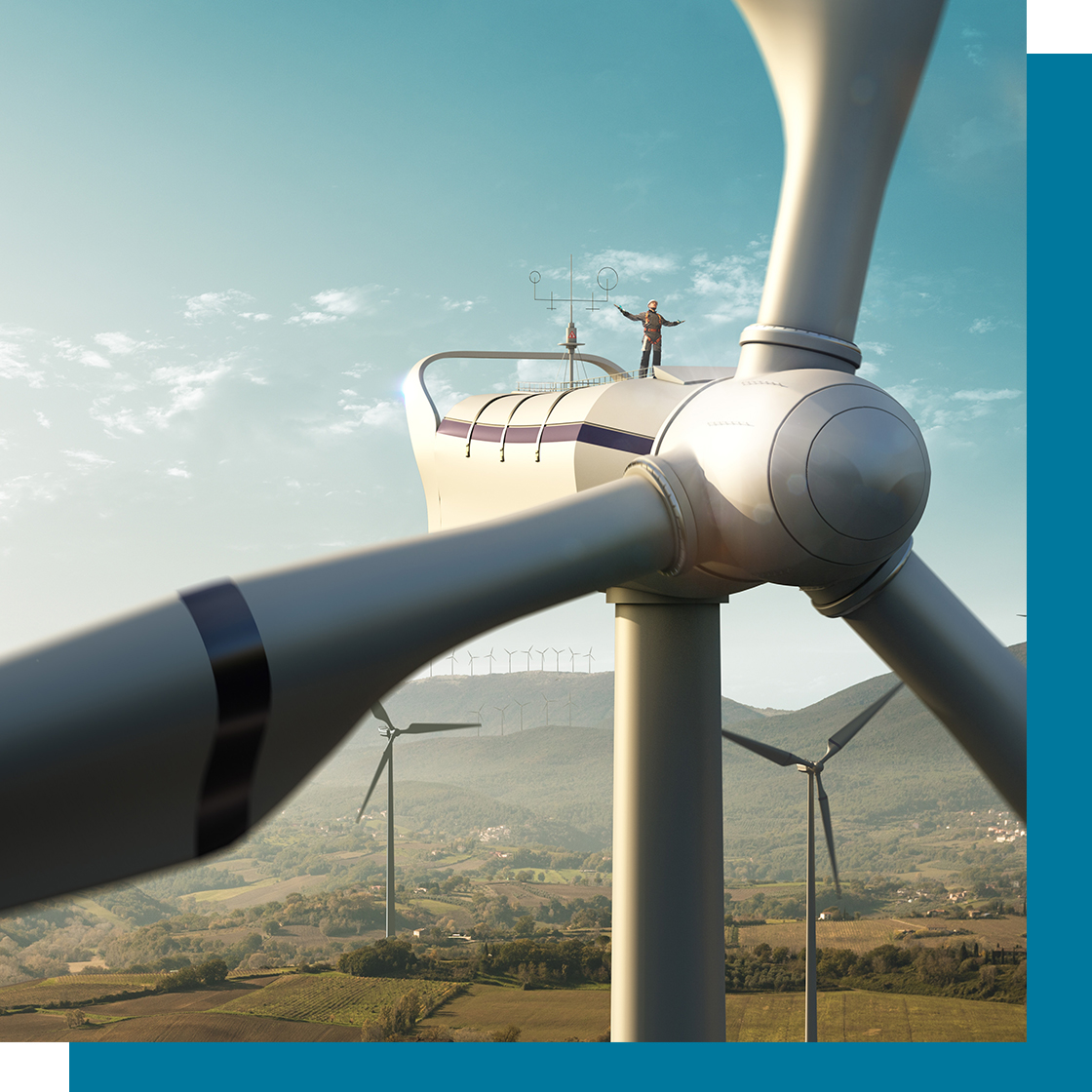


Transport and Logistics
Widespread investment in infrastructure, enabled by stronger government finances, has been effectively supporting business in the country. Portugal ranks 19th out of 140 countries in the Infrastructure pillar of the Global Competitiveness Index. With a broad-coverage road network, traveling by car from Lisbon or Porto to the main cities around is feasible within 1 hour. The railroad is well served, providing North-South and East-West connections across the country. Lisbon, Porto and Faro are served with international airports. Both Lisbon and Porto have daily flight connections to most European cities, and Lisbon also has privileged connections to Africa and Brazil. Recent developments were targeted at improving cross-border railway connectivity, launching the renegotiation of seaport concessions, and setting up a second international airport in the Lisbon area – Montijo – to meet a steep increase in tourist inflows.
Energy
At the global level, the energy sector is responsible for two thirds of total greenhouse gas emissions. It is for this reason that Portugal has placed the energy sector at the center of its climate action strategy. Having implemented deep social and economic changes to favor a more sustainable future, Portugal’s energy sector is witnessing a decarbonization renaissance. New technologies are being developed and rolled out to boost access to clean and affordable energy. Renewable energy has gained much ground since 2016 when Portugal was the first country in the world to run its economy on renewable sources only for a whole month. Since then, Portugal has earned an international reputation as a “climate leader”. The progressive economy is garnering even greater attention thanks to initiatives like the multi-billion green hydrogen project. All of these initiatives are creating new opportunities in the circular economy and each contributing their own to Portugal’s ambitious goal to achieve carbon neutrality by 2050.


Agri-Food
Portugal’s agri-food cluster continues to undergo a vast transformation thanks to modern technologies and eco-efficient practices. Historically, Portugal has been considered a producer of high quality products including cork, extra virgin olive oil and vintage wine. However, with the creation of sector-specific R&D centers across agri-food business segments, these have revamped traditional industries and created new opportunities for investment. Adapting to the post-covid reality has created challenges for certain producers to compensate for the fall in the HORECA segment, however exports driven by competitive production costs is stimulating new growth prospects. Entrepreneurship has also played a key role in reinvigorating the sector with several Portuguese start-ups racking up international awards for their innovative products and services.
Pharma / Biotech
The last two decades have witnessed a rapidly evolving health and life sciences sector in Portugal, fueled by a vibrant tertiary education system that producers over 600 doctoral degrees each year. Both exports and Investment in R&D by private sector companies more than doubled in the last decade. Further testament to the dynamism of the Portuguese life sciences sector can be seen in the 20% surge in patents filed with the European Patent Office in 2019, the majority of these coming from the pharmaceutical sector. Entrepreneurship particularly in the biotech field has garnered much international attention with several high-profile acquisitions casting a bright light over the sector. Today life sciences in Portugal is a vibrant ecosystem that provides investors with cost competitiveness and a highly-skilled workforce, all within an innovative and well-funded research environment.


Textiles
Rooted in several centuries of traditional production, the textiles and clothing industry of Portugal has demonstrated to be one of the most resilient and adaptive industries in the country. Facing a surge in low-cost competition from around the world, the Portuguese textile sector has carved out its own niche based on innovation and sustainability. Recent proof of this was seen during the virus outbreak in early 2020, where several hundred Portuguese companies promptly responded to the government’s appeal to adapt factory production lines to manufacture much-needed face masks and other protective equipment. With quality as the end-goal, Portugal’s over 4000 textile companies cover the full spectrum from artisanal, hand-crafted production to highly automated and efficient industry 4.0 systems. Representing 12% of total industrial exports and more than 15% of employment in manufacturing, the textiles and clothing industry is pillar of the Portuguese economy and a key contributor to global R&D in fashion.
Special Feature for Newsweek
Country Reports’ special feature on PORTUGAL will provide exclusive insights, analysis and fresh perspectives on these topics, based on our team’s exclusive exchanges with top political and business leaders.
Distributed exclusively on Newsweek.com reaching a vast readership of 95 million, our special feature will be promoted both through a banner placed on Newsweek’s homepage for a week, and a full-page article inserted in Newsweek’s international print edition ensuring large visibility and awareness for the reader.
The feature on PORTUGAL will also be hosted in the Newsweek library (www.newsweek.com/newsweek-country-reports) for two full years.

